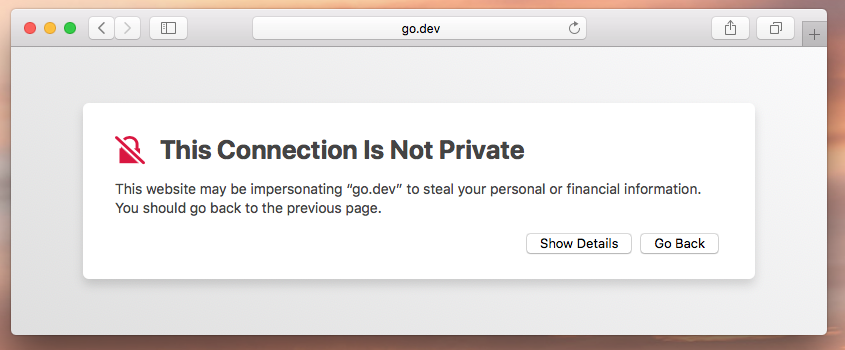Github activity fail
Github is quite a fantastic service for source code management and hosts a suite of wonderful tools which can help you manage the development, tracking issues and much more.
One of the fun things is the github activity dashboard located on your personal frontpage which shows how much you’ve done.
I’m sure it’s mostly a fun thing and it allows you to sort of get an idea of it the account is dead or alive. Some seem to have pride in having a green carpet showing long periods of continuous activity.
